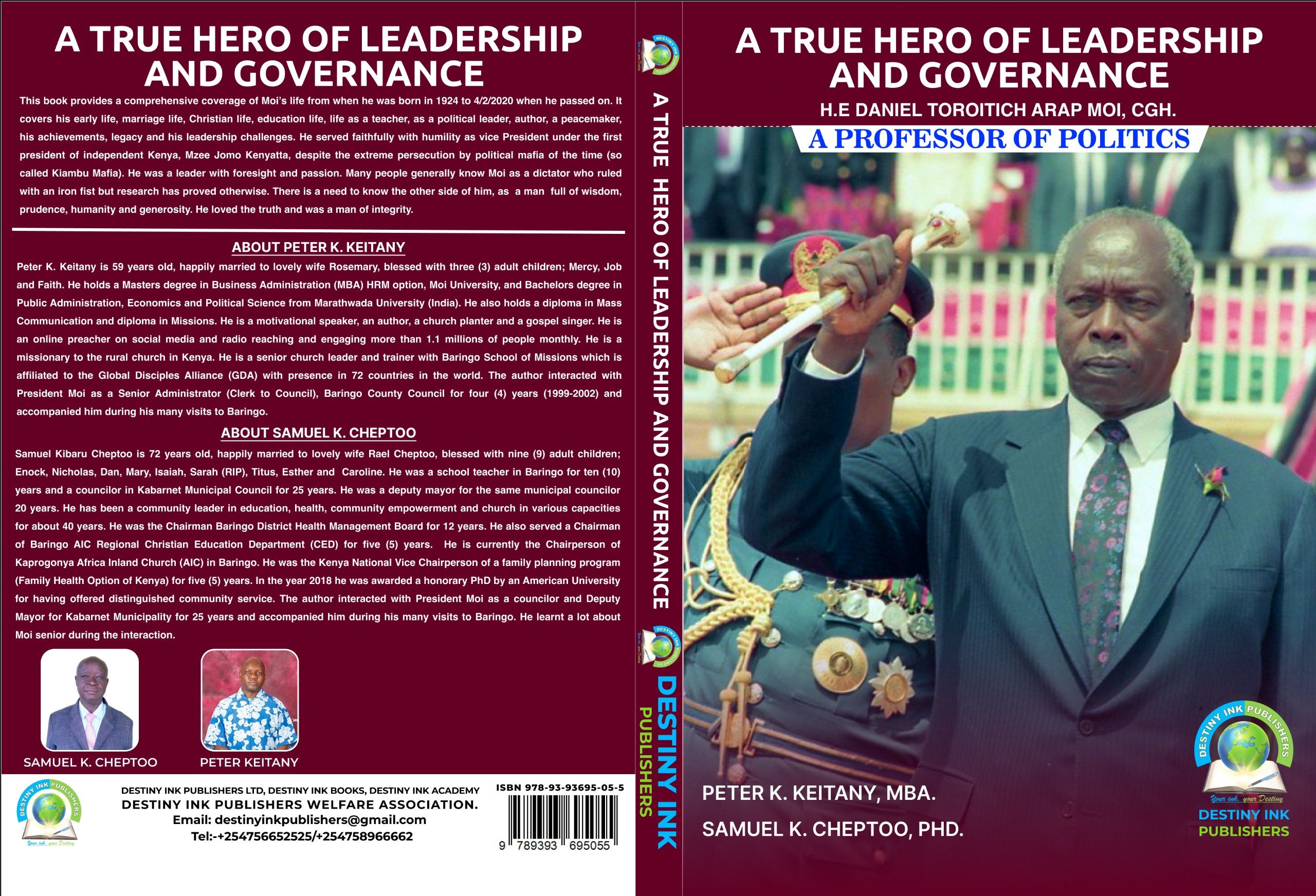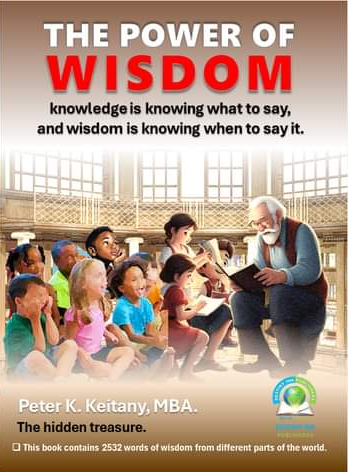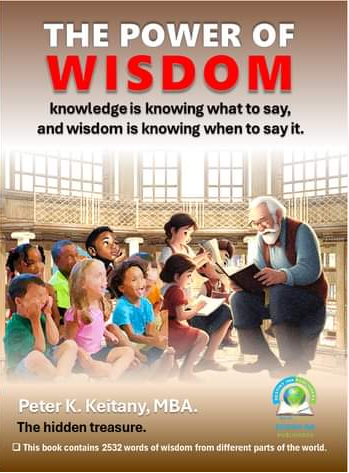
A True Hero of Leadership and Governance
Subtitle: A Professor Of Politics
Author: Peter Keitany
The late Daniel T. Arap Moi, was one of the greatest leaders Kenya and Africa has produced after independence straight from colonial rule. He was the longest serving president in Kenya’s history having ruled for almost a quarter of a century (i.e.24 years). Moi was the third vice president for 11 years from 5th January, 1967 to 22nd August,1978 while George Saitoti was the longest serving vice president for 13 years. In short Moi was an icon, a legend, a visionary and servant leader full of wisdom, a teacher, a peacemaker, an author, a philosopher and a staunched Christian. He was a man with a complex blend of leadership style made up of several leadership styles. The book provides a comprehensive coverage of Moi’s life from when he was born in 1924 to 4th February, 2020 when he passed on. It covers his entire early life.
Keywords for this book
You can only order 1 ebook at a time
Book summary
The late Daniel T. Arap Moi, was one of the greatest leaders Kenya and Africa has produced after independence straight from colonial rule. He was the longest serving president in Kenya’s history having ruled for almost a quarter of a century (i.e.24 years). Moi was the third vice president for 11 years from 5th January, 1967 to 22nd August,1978 while George Saitoti was the longest serving vice president for 13 years. In short Moi was an icon, a legend, a visionary and servant leader full of wisdom, a teacher, a peacemaker, an author, a philosopher and a staunched Christian. He was a man with a complex blend of leadership style made up of several leadership styles. The book provides a comprehensive coverage of Moi’s life from when he was born in 1924 to 4th February, 2020 when he passed on. It covers his early life, marriage life, Christian life, education life, life as a teacher, as a political leader, author, a peacemaker, his achievements, legacy and his leadership challenges. He served faithfully with humility as vice President under the first president of independent Kenya, Mzee Jomo Kenyatta, despite the extreme persecution by political mafia of the time (so called Kiambu Mafia). He was a leader with foresight and great passion. He was prophetic and saw and said many things which came to pass later. For instance, he even saw the retired President Uhuru Kenyatta in 2002 as president. Although Kenyans rejected him but he later became president for ten (10) from the year 2013 to 2022. He also told the Kalenjin elders at his Kabarak home in 2002, who were very bitter after the 1997 and 1992 tribal clashes, and animosity that they had no choice but to work with the members of the Kikuyu community for many years and until Jesus comes back because it was the plan and the will of God. Many people generally knew Moi as a dictator who ruled with an iron fist but research has proved otherwise. There is need to know the other side of him, as a man full of wisdom, prudence, humanity and generosity. He loved the truth and was a man of integrity. As a visionary leader he had seen the need of CBC in the 1980s but he lacked professional support from the Ministry of Education. He was the brain child of 844 education system which was a very good but it lost track as replica of the current practical Competence Based curriculum (CBC) and backtracked to full pledged theoretical meaningless system training millions for white collar jobs which are not in existence. He was spiritual and staunched Christian who forgave his perceived political enemies and brought them into his government. He was strict in religious beliefs and never used the church to share insults like current leaders. He respected church and had set strict boundaries. When he was given an opportunity he only greeted the congregation and only gave word counsel from the Holy Bible. He had passion for environmental conservation and personally led interventions in the 1980s since he had seen the threat of climate change effects. He was the founder of many of the basic key infrastructure in the country. He promoted talents and protected African culture and despised negative foreign influence. Moi was a leader at the top of things all the time; well informed with a complex network of intelligence system which fed him with very detailed information about the country. He knew Kenya like the back of his hand. He had a mix of genuine and loyal professional and community advisors spread all over the countr, and it was difficult to lie or mislead him. He had also several ways of verifying his information to make it accurate. He was the most effective leader in listening to the ground. He spoke to the university students, youth, community elders, chief, KANU leaders and many delegations from communities to get feedback nationally. Moi, in his book, Kenya African Nationalism (1986) shares practical lessons which he learnt from his 31 years of real political life (from 1955 to 1986), which Kenyans can revisit and embrace during this time of political turmoil. Which include love for freedom, justice, equity and service to all is paramount, respect for the Kenya constitution, honest, integrity and rights of people, being open-minded, embracing change and the will of the people, being mindful of others welfare, love, peace and unity under the Nyayo philosophy. Moi said under the first president, Mzee Jomo Kenyatta, he learned the values of patience, devotion, loyalty, dedication and selfless service. We are where we were as a nation, where much has changed and there is still a big room for transformation towards ideal good governance. There are many lessons we can learn from Moi where we have failed miserably. It is wise, Godly and biblical to consult prominent elders and fathers of the nation like President Moi when things seem not to be working well. The extreme problems associated with the 1980s-1990s like human rights violations, abductions, torture, economic hardships, budgetary constraints, conflicts and demos are still ongoing in this season. We are back to ethnic mobilization and entrenchment courtesy of political leaders and devolution. GDP has grown many times between 1990s and 2023 but positive impact is less due to upside down priorities. Kenya has gone through almost similar social, political and economic challenges of the 1980-1990s. Now it is like we have gone full cycle, going through unending crises, like rewinding to the factory settings, in some cases we maintain the status quo while for others we are moving from bad to worse. The real animal and monster in the room is corruption which has multiplied and permeated to every section of society, where integrity is in acute shortage, everything is for grabs , mega corruption scandals like 1990s Golden berg, land grabbing magnitudes etc. The list is long. Kenya at 32 years and has gone back to one party arrangement which has mutated to the so-called tyranny of numbers, collapsing of the opposition since 2019 leading a mongrel system. It seems we have gone back to Egyptian slavery and heading to the political Siberia. This book warns us not to go back to our stupid past. What can we borrow from Moi? Political stability, Nyayo philosophy of peace, love and unity, constantly condemning tribalism and maintain regional peace etc. It seems as Kenyans we are not yet out of the woods for we still hear of demos, budgetary constraints, conflicts, dissatisfaction, human rights violations, torture, forced disappearances, economic woes, tribalism, ethnic mobilization, corruption, poverty, political parties without ideology but tribal based, extra judicial killings and abductions, democracy on trial etc. Students of political science will ask, what system of government do we have in Kenya? Is it parliamentary, presidential or mix of both? Kenya needs an urgent solution. Kenya needs peace, prosperity and harmony. The loud noises must come down. We must go back to active nation building. We must abandon the pettiness. The leadership style of Moi as analyzed is a rich combination of five (5) key leadership styles; namely, autocratic style, democratic style, servant style, affiliative style and transformational style. Leadership is the behavior to assist people align their collective direction and strategic plans to the organization’s goals. It is an ability of a person to effectively lead, influence and guide employees in an organization. A leader is a person whose role is to guide, coach and inspire others towards an organization’s shared goal. Not all people are leaders; if we put the wrong people in leadership positions we will regret and suffer a lot. Many people are followers and true leaders are few. Good leaders have a calling to love and assist people while bad or ineffective leaders may be leaders who lose direction and focus along the way. Leaders must provide leadership because any vacuum will mess up many things in organizations and nations. We need to support leaders so that they can deliver on their mandate instead of unwarranted criticism. Our criticism should always be objective, wise, meaningful, sober and constructive.






 (2)_frontcover.jpg)
 (2)_ebookfrontcover.jpg)
_ebookfrontcover.jpg)